There is much that can be written about Jody, but I'll leave those legacy tributes to those who knew her much better. In spite of my being active on social media since being diagnosed with breast cancer (and even before that), I'm a dud at Twitter. It took me until January of this year to even learn what the hashtag #bcsm, even meant. Twitter makes my head spin and I don't use it very often.
However, the focus of this post is about the disease, breast cancer, itself. Jody was diagnosed and successfully treated at age 43 for early stage breast cancer in 1998. As such, she is in the SEER databases as a Stage 2 survivor. She lived more than five years after her diagnosis.
However, in April 2013, a full 15 years after her initial diagnosis, Jody was diagnosed with metastatic breast cancer. The exact same breast cancer that was "successfully treated" in 1998 made its appearance yet again ... not in a breast or scar tissue, but in the lymph system throughout her neck and gastrointestinal area. Only three years later, Jody died of this disease, yet another statistic that isn't acknowledged very often in the pink aura of success.
How does breast cancer do that? How do cells escape from an original tumor and nest somewhere in the body, eluding all treatments thrown at the disease and mysteriously "wake up" and start moving around the body again fifteen years later? What gives them the ability to hide? What triggers their activation again? What makes them so resistant to treatments? Why can't they be stopped? How do we know who has had breakaway cells versus those who haven't? It's been said that early detection of metastatic cells isn't very helpful because there isn't proven effective treatment across the board that will successfully kill off those cells.
Where does that leave us? The exact number of those with early stage breast cancer that become metastatic is unknown. 30% gets thrown around a lot, but statistically speaking, it's been unproven. However, does it really matter if the real number is 20% or even 10%? There are a projected 246,660 new cases of breast cancer in the United States alone in 2016. There is no comfort in a 10% figure of 24,666 metastatic recurrences versus a 30% figure of 73,998 metastatic recurrences.
Early stage women (and men) are often told that they can breathe easier if there is no metastatic recurrence within five years of their primary diagnosis. To be frank, that "comfort" statistic really only applies to triple negative breast cancers. The statistical chance of triple negative recurrence drops sharply after three years and becomes almost zero after five years. Unfortunately, this is not true for all the hormone related breast cancers as well.
It wasn't true for Jody. Her breast cancer came back after FIFTEEN years! It wasn't true for Mary Margaret in my local mets support group. Her metastatic disease was diagnosed TWELVE years after her primary diagnosis and her doctors (yes, the medical community) were stunned that the disease returned after so long. Mary Margaret lived two years with metastatic breast cancer before she died.
Five years means nothing to Lydia whose disease returned after TEN years. Or to Laurel whose disease returned after FOURTEEN years.
These years are why we need to change the current model of how we look at breast cancer. We need to move past the "treated and done" mentality and placing those "survivors" into neat little pink envelopes asking for money to continue the "successful war on breast cancer."
We're not successful. It's not enough that we treat those 246,660 women (men aren't included in that particular statistic) and simply wait and see what happens to them. We need to be proactive in determining how to protect them from the possibility of metastatic recurrence. (This doesn't include the 14,800 - 24,666 women (6-10%) who are diagnosed metastatic from the beginning.) We need to know how to successfully kill off metastatic breast cancer cells before they kill us off.
We need to keep educating the general public that it's not enough to put on the survivor ribbon and parade in the streets wearing pink declaring that differences are being made.
Until we stop this disease in its tracks, both before it begins and after it has spread, there is no victory. There should be no parades, no cheering, no "we have overcome" and certainly no races "for the cure" when the sponsoring organizations continue to tout the "success" of early detection and early treatments with little attention actually going "for a cure."
Tell those "successes" to the 40,000+ who die each year in the US alone. Tell them how triumphant we've been in dealing with metastatic disease, the only kind of breast cancer that kills.
Tell that to Jody.
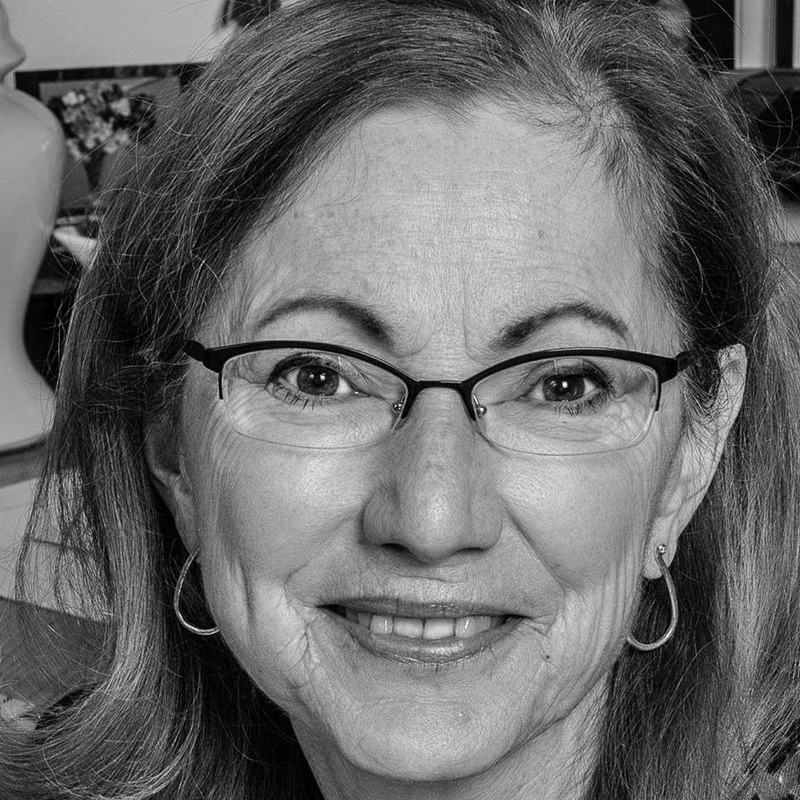
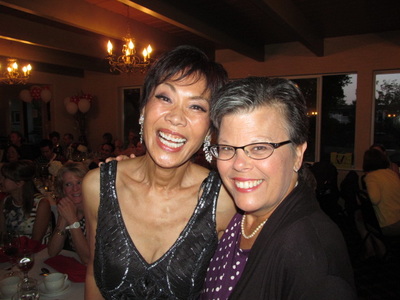
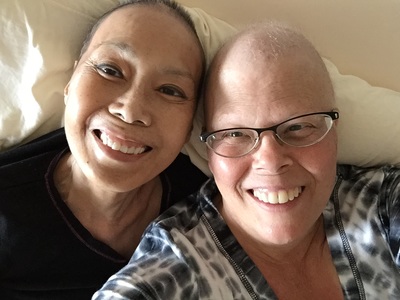

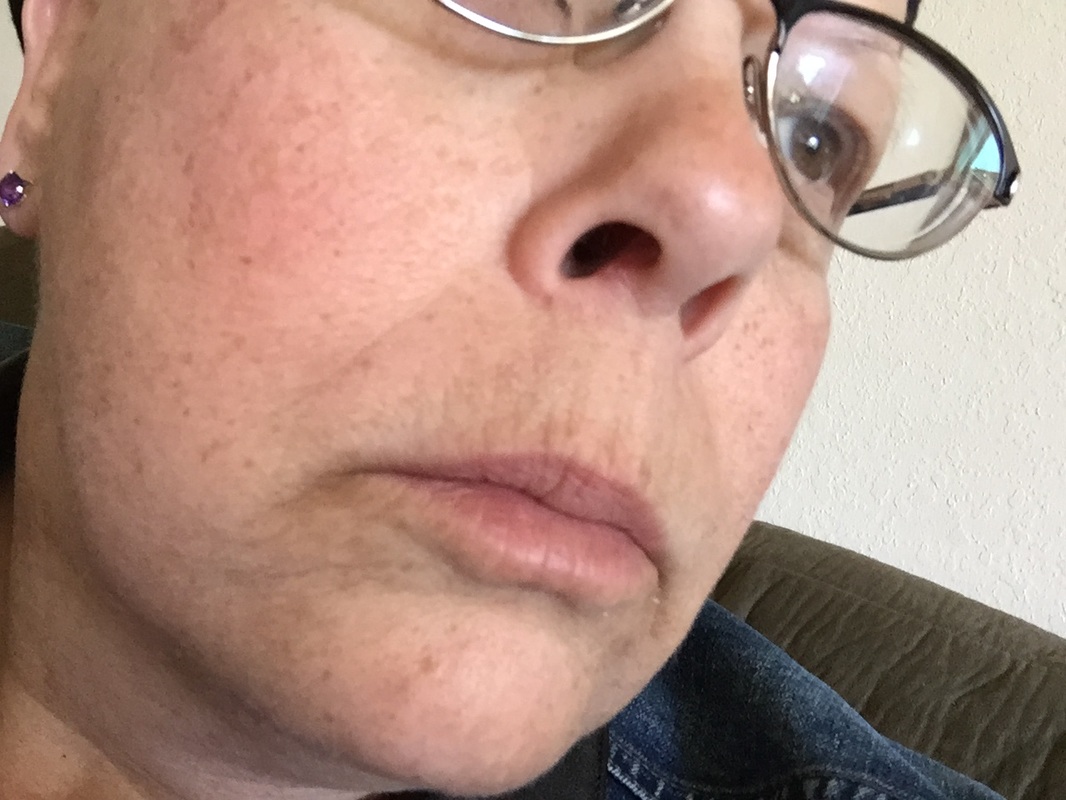
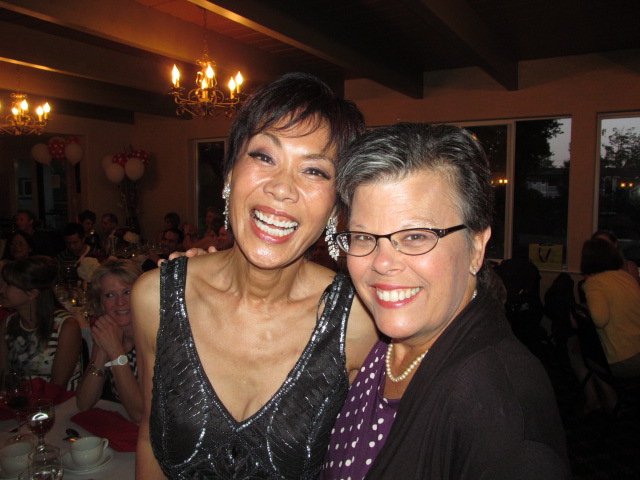
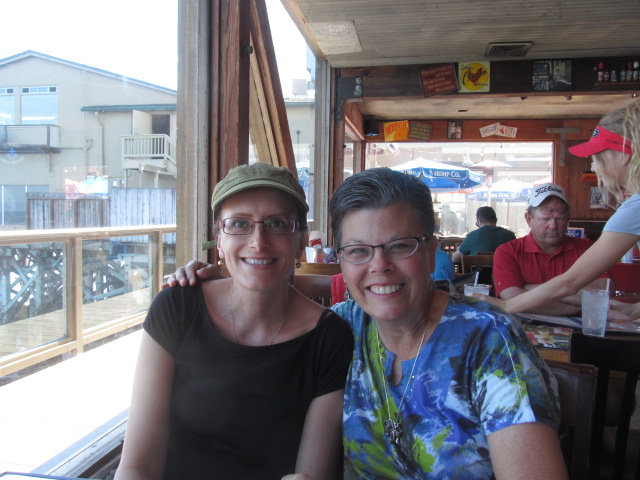

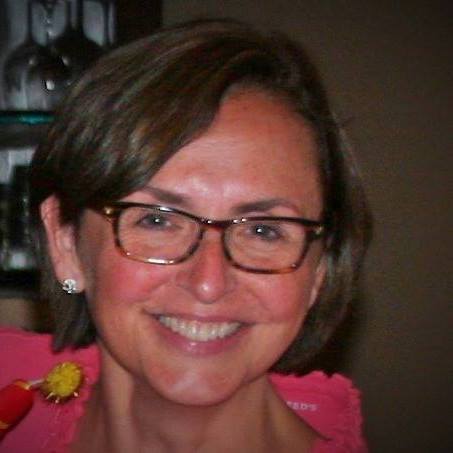
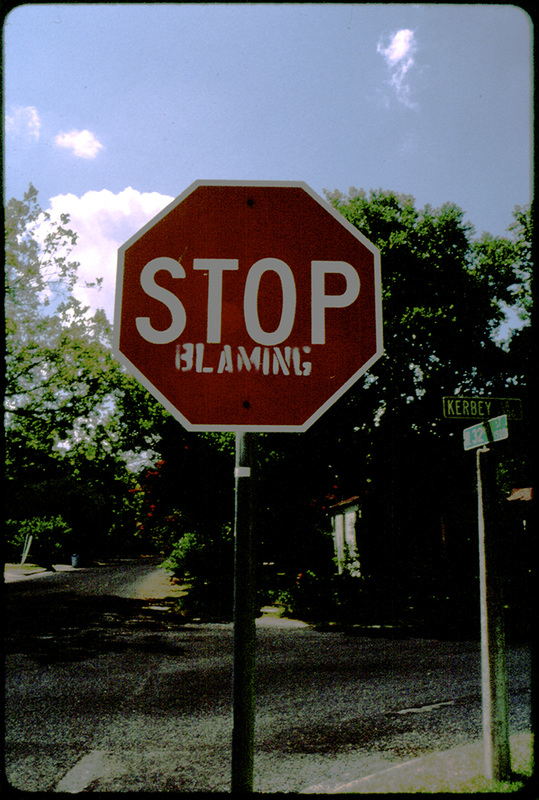
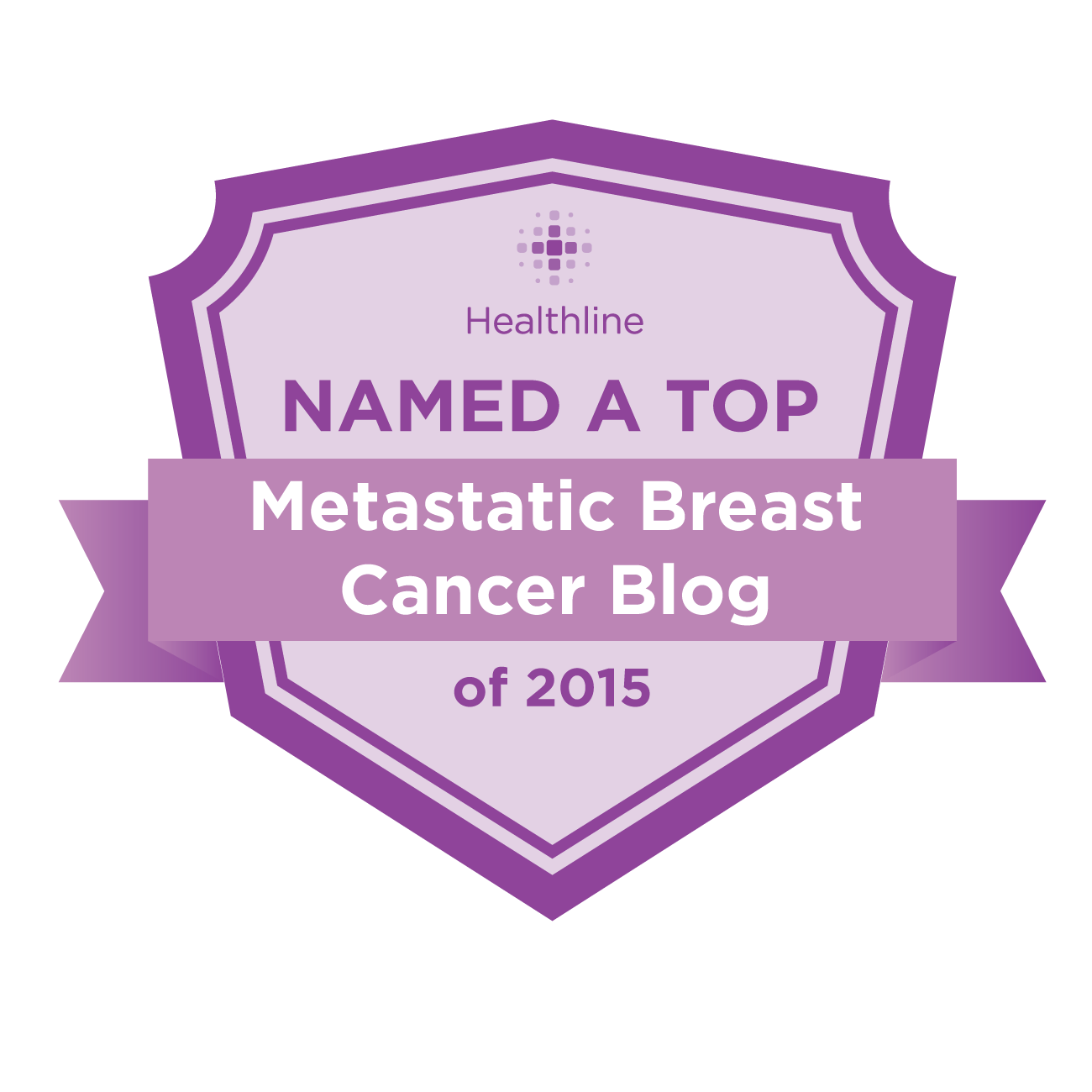
 RSS Feed
RSS Feed
